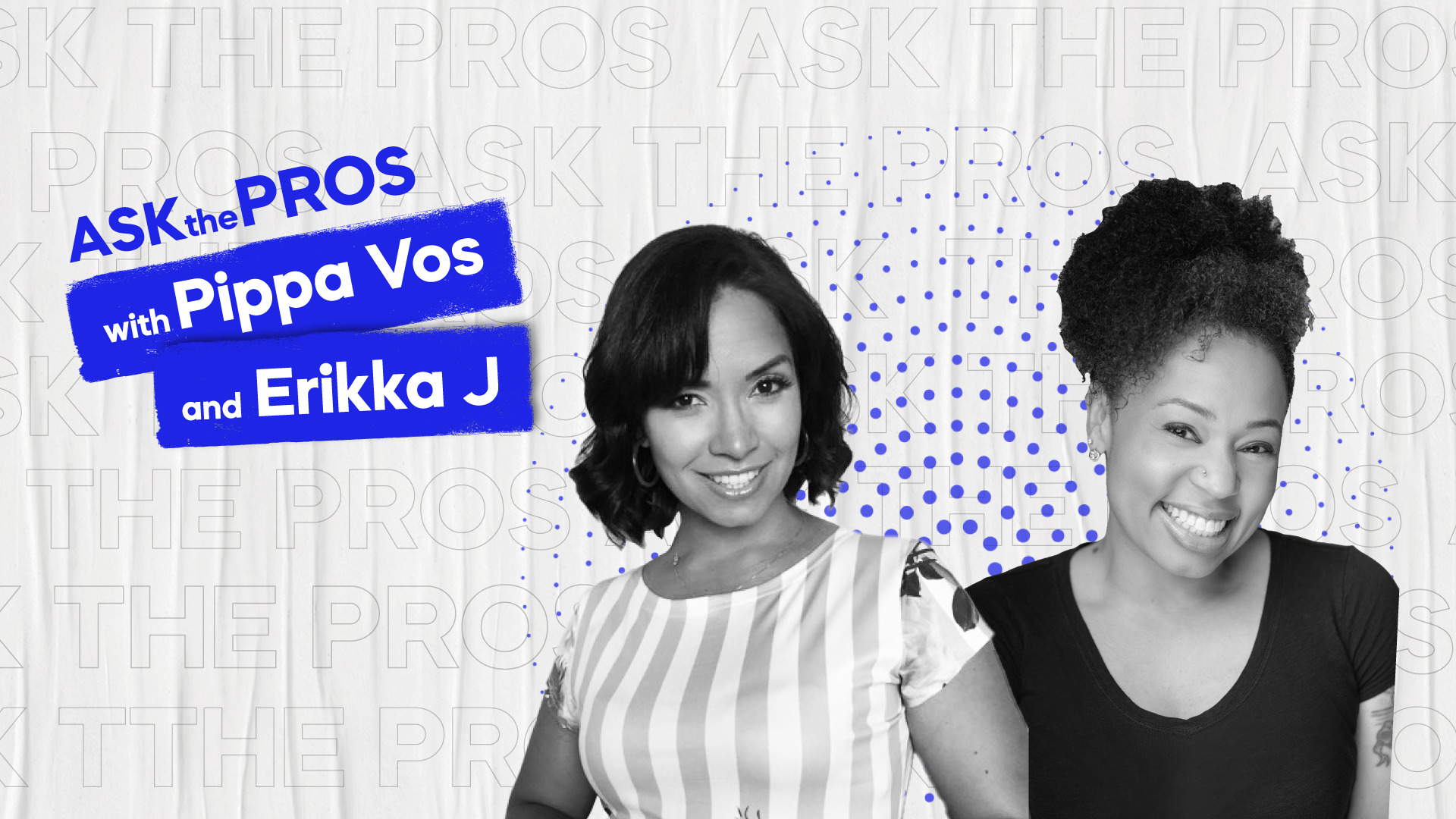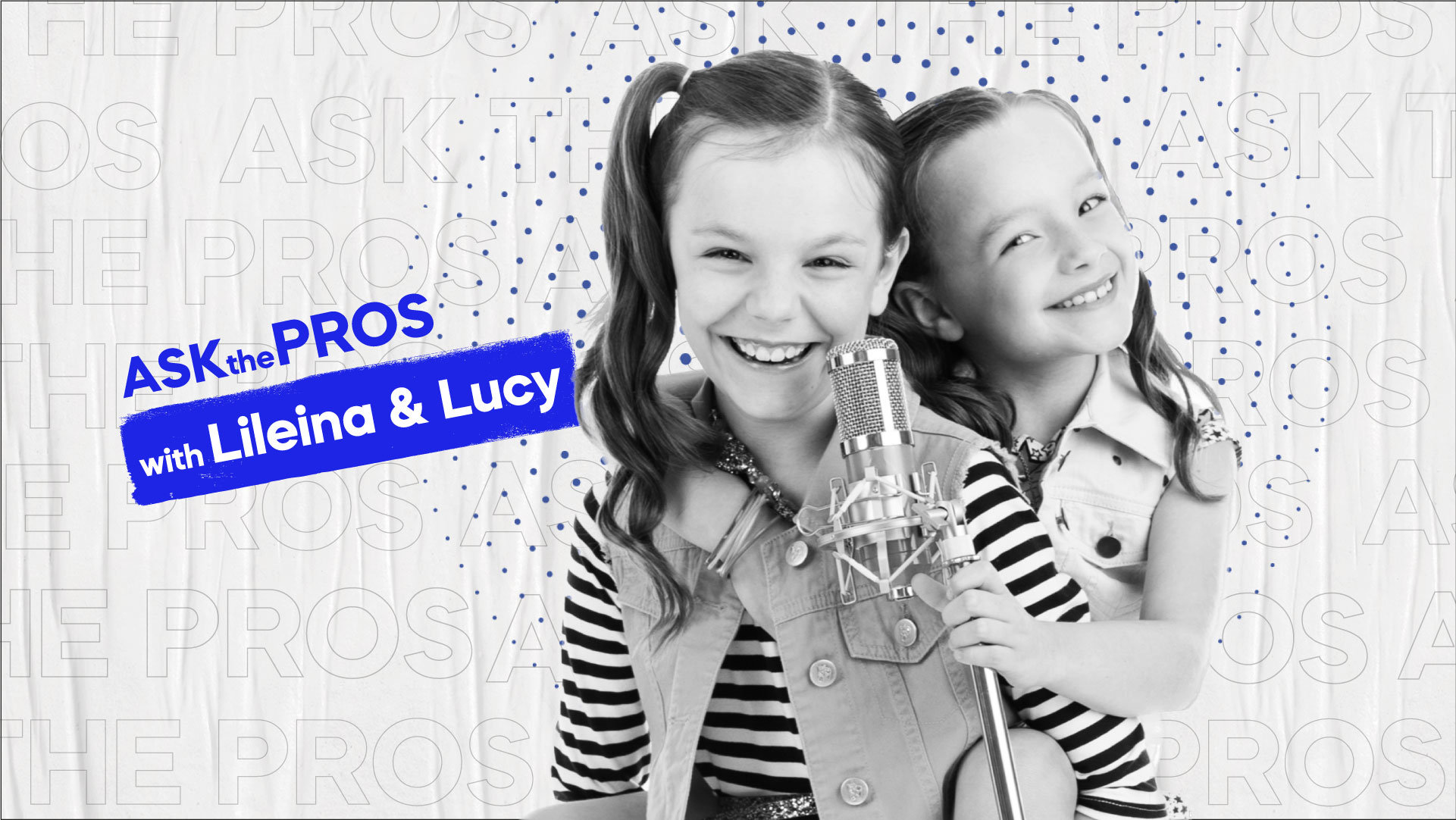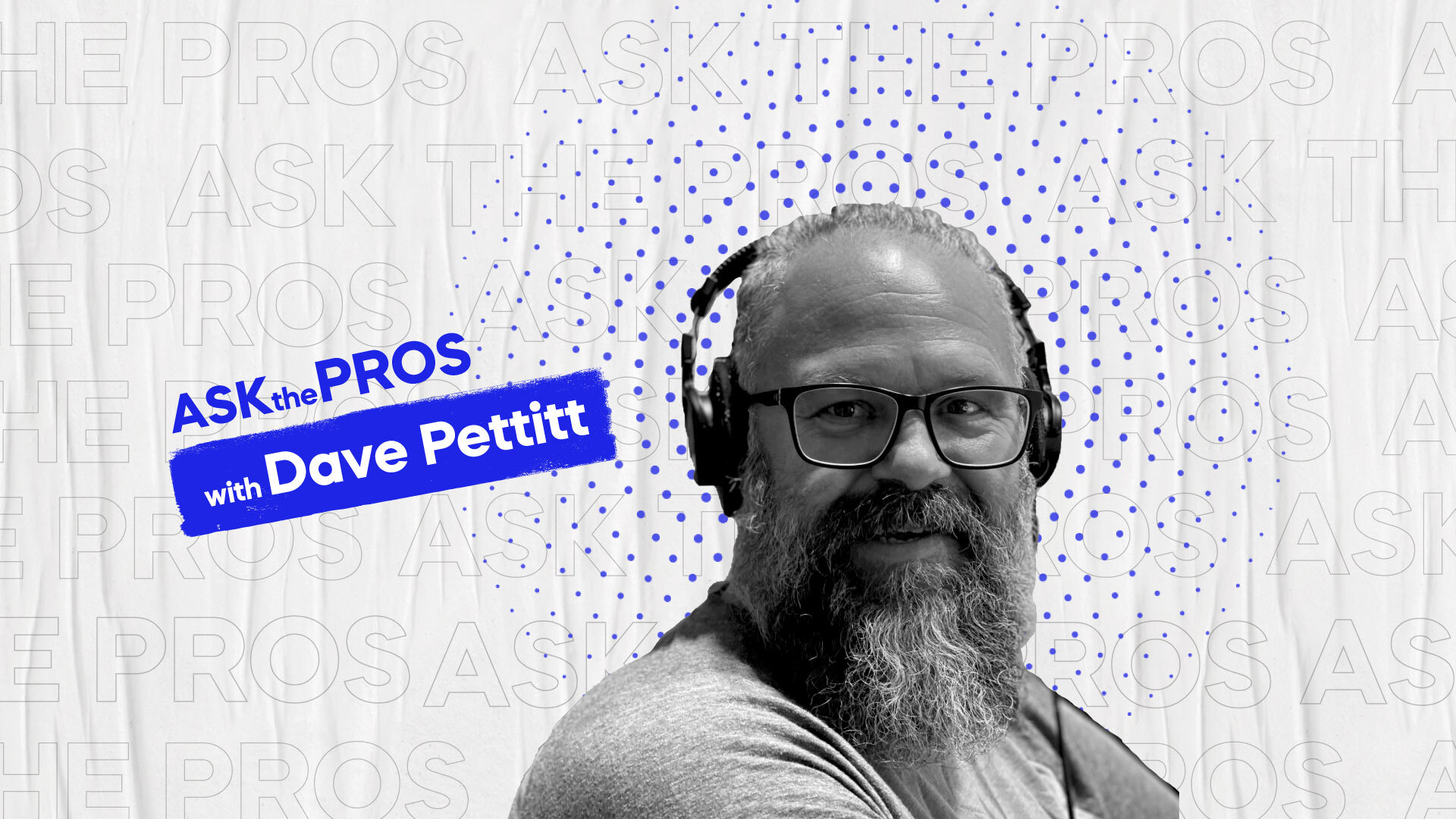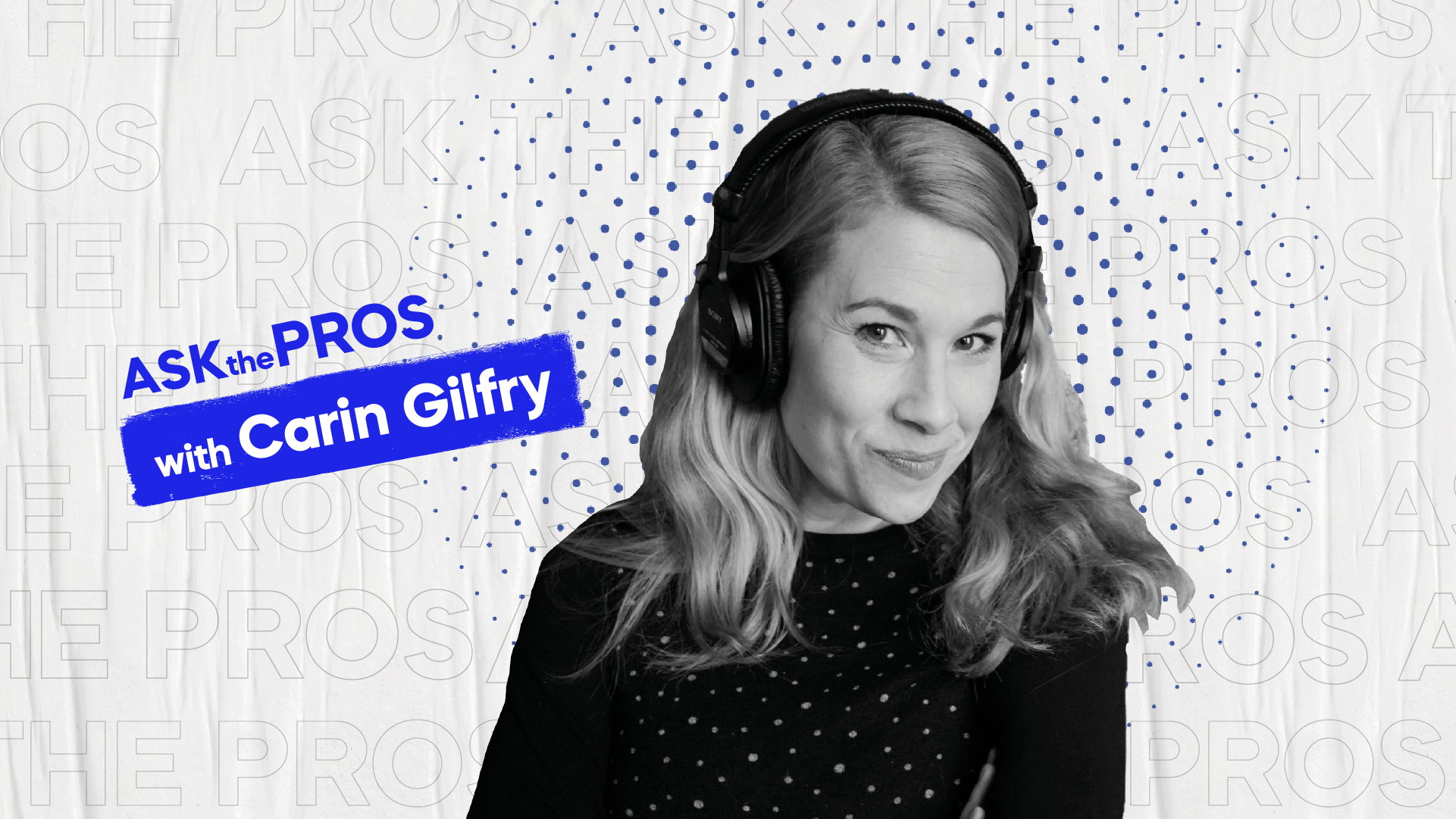
How to use voice acting scripts for better auditions
Ask the pros with Carin Gilfry! Carin shares advice on how to read and understand voice acting scripts for better auditions and samples. She also relates practical ways to prepare before using a script for voice acting.
Carin, can you start us of by explaining what are voice acting scripts?
Voice acting scripts are the text that you’re going to read for an audition or a job. You can also use a script for voice acting to practice.
It’s kind of like sheet music. If you’re a musician, you need something to play. So, the script is your music. And the purpose of voice acting scripts depends on what genre of voice over it is; commercials, e-learning, animation, and audiobooks. For example, for e-learning, you might be teaching someone something. So, you want to make sure that you highlight all the important words that go along with that lesson.
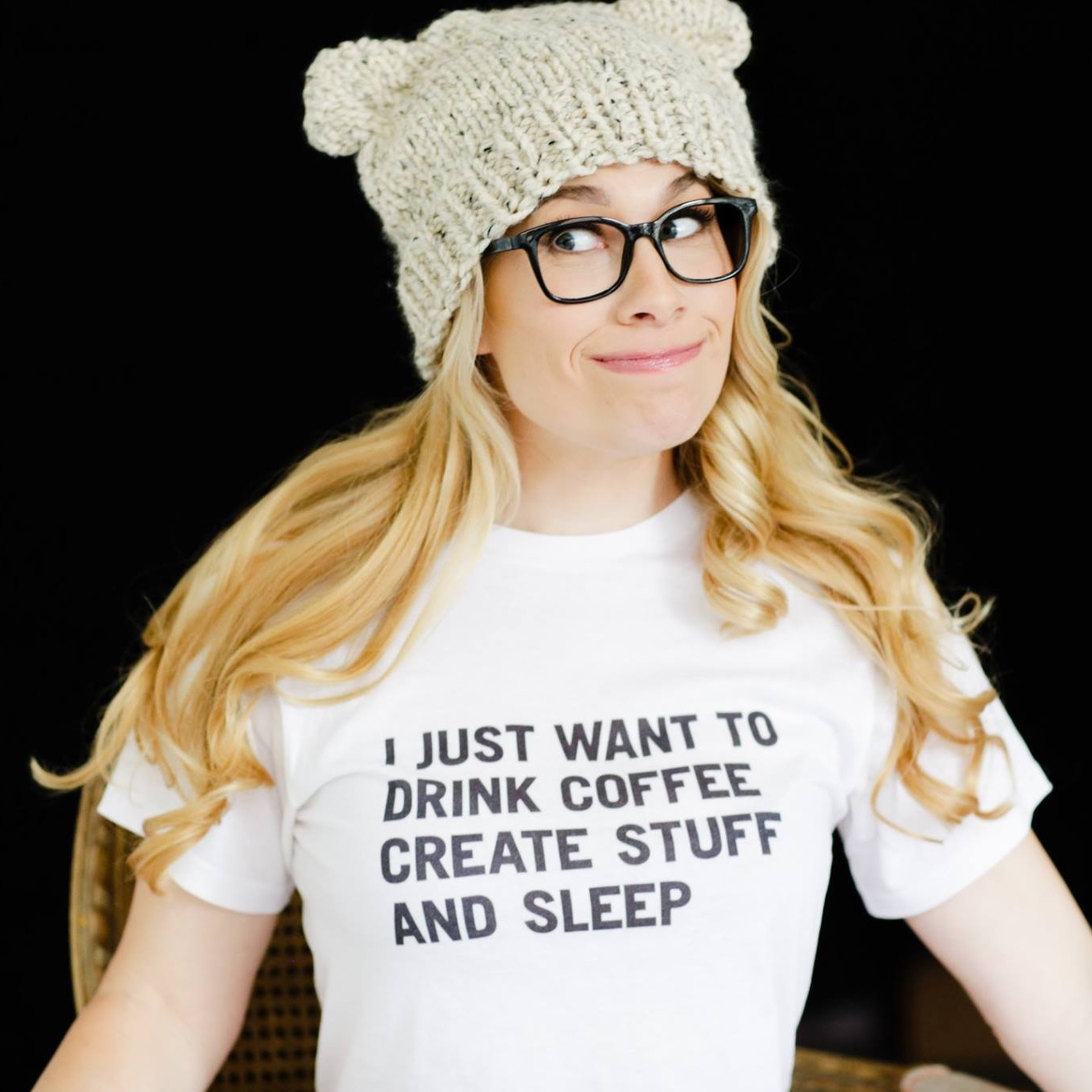
If it’s a commercial, you’re selling something. As a result, you want to highlight the product name and pay attention to the timing and what the director says they want for the commercial. But if it’s animation, then you’re creating a character and the script is the lines for that character. So the scripts will always have different motivations.
Very true, and is there anything that's helped you to better read and understand a script for voice acting?
Usually, voice acting scripts will have a spec or directions. That’s the description that the director or producer has written about what they want the script to sound like. It might say something like ‘natural and conversational; feels like you’re talking to a friend.’ In that case, you know the script is not supposed to sound formal, or like an announcer is reading it.
If you are reading for a character for animation or video games, sometimes the producer will also include a picture, which can really inform your read. They might also describe a little bit about the character, and their backstory.
Sometimes the specs or directions include a celebrity prototype.
This is the sound they have in mind. However, if they say they want, someone who sounds like Viola Davis or Sigourney Weaver, they’re not necessarily looking for an exact copy of them. They might just want the feeling that they put out when reading a script for voice acting. Like slightly older and more regal-sounding, in this case. So going off the celebrity prototypes in the specs can be incredibly helpful to understand voice acting scripts.
Can you share an example of how you personally approach scripts?
Well, I’m a musician; I always like to imagine the music that would be playing underneath the voice acting scripts that I read. That really informs how I’m going to read it. If it’s happy, upbeat music, I would read it very differently than if it’s something that’s more heroic or a little bit more melancholy.
If I’m doing more than one take, I like to imagine two different kinds of music that are playing underneath each take. The music in any kind of performance always informs the subtext of what you’re saying.
Then, I imagine the final product of what it’s going to look like, what images might be on the screen, and what world can I conjure up? Ultimately, I just try to imagine what the final product will be and give my personal read that fits into what I think will combine with the final product.
Excellent, and what are some other important things you do before reading a script for voice acting?
I always read before I just jump into it, so I know what’s coming. A lot of people like to mark up their voice acting scripts. You can do that digitally as well as if you have a paper script. On my computer, I can make little marks on the script if I need to. But if it’s for an audition and it’s right on the screen in front of me, I usually don’t mark it up. I will still think about how it might be broken down such as where the fast parts might be, where there might be visuals onscreen that line up with my text, etc.
But for the most part, for an audition, I read through through the script once and then go. I also check what the timing is for the script. For instance, if you get one for a 30-second commercial and there’s a ton of text, you have to move pretty quickly.
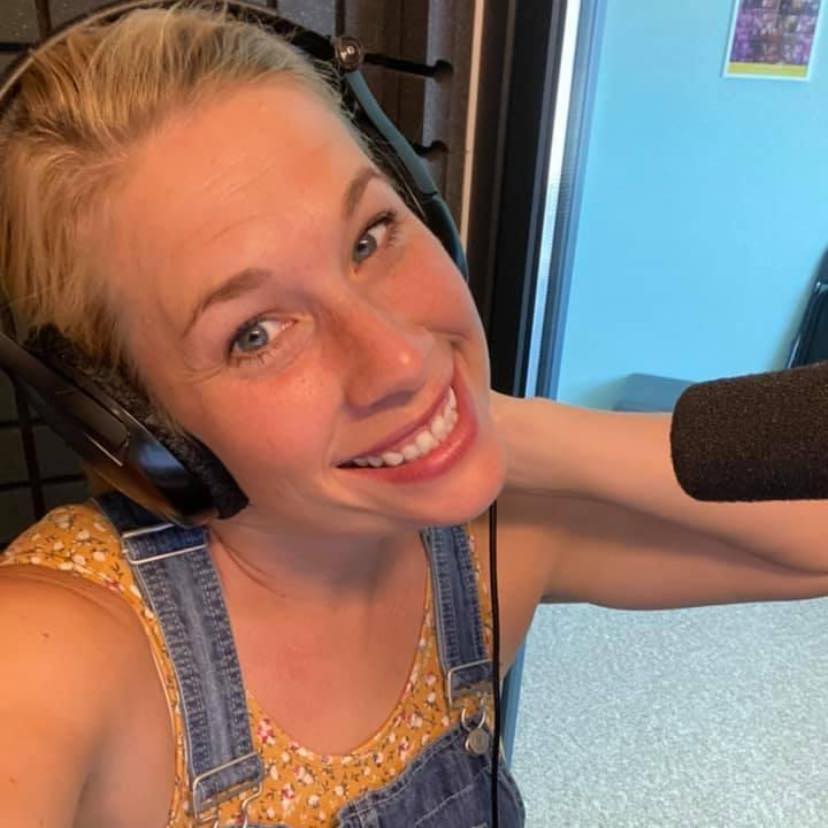
I don’t do vocal exercises but I know it’s helpful for other people. So, I’m a big proponent of everyone doing what works for them. But the other thing I like to do is put myself in the emotional state of the script that I’m about to read.
This was incredibly helpful when I was doing commercials at the start of the Covid-19 pandemic. If I saw a script that said ‘In these unprecedented times,’ which we all heard on TV a million times. Instead of just thinking, ‘Oh here’s another; I would sit, look at the script and think about what I was feeling – me authentically, during this pandemic.
Then, I would try to read with that feeling imbued into my read. It really helped because it was what I was really feeling. So just taking that little two or three seconds to pause and put yourself in the feeling of the script can be really helpful.
Then of course you move on to the next thing. That could be an upbeat commercial for a kid’s toy, so you’d have to put yourself in that emotional state as well. It’s really a lot of bouncing around from script to script.
Is there kind of a different approach to scripts for samples and scripts for auditions?
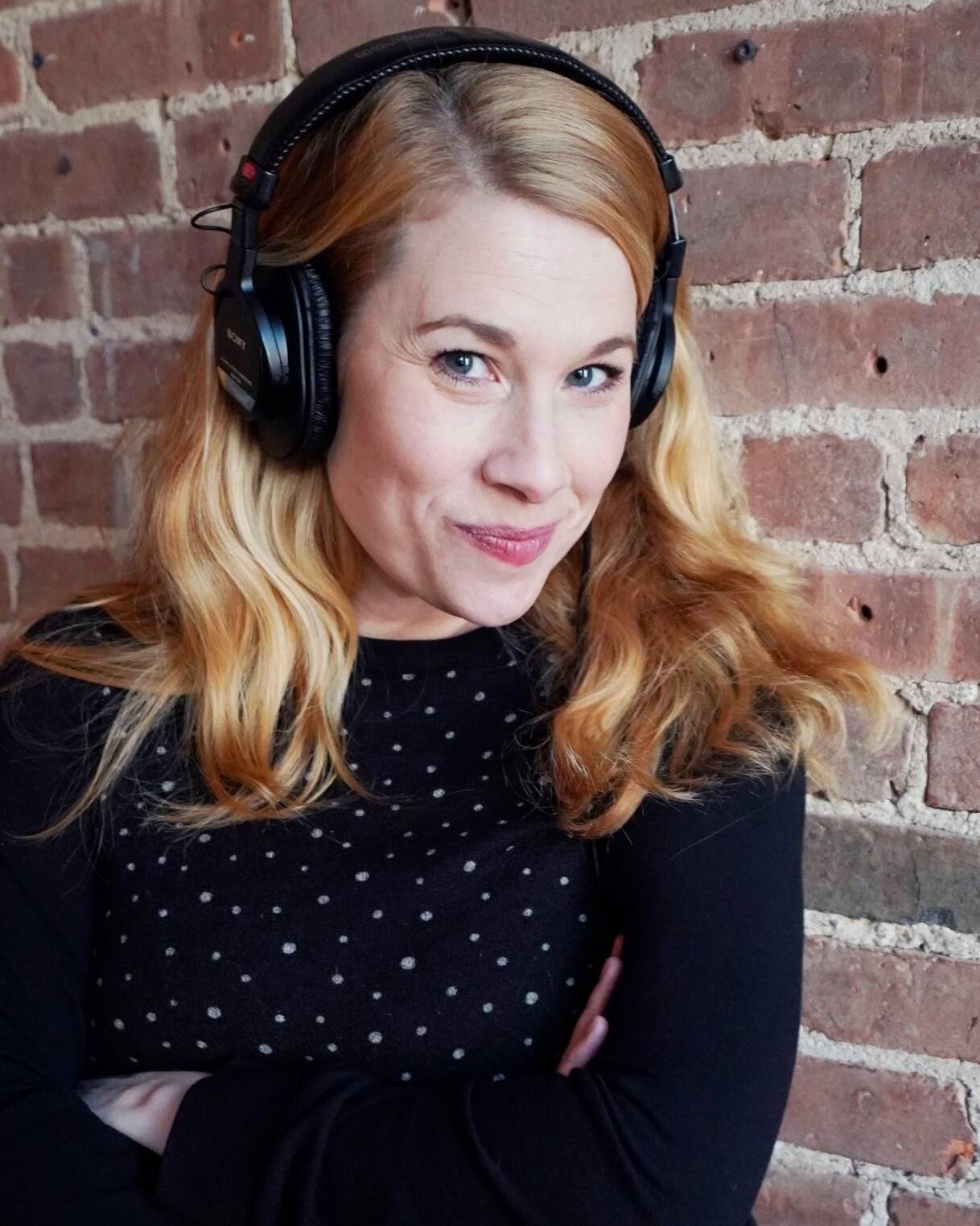
Your samples on your profile should be the best representation of you as a voice actor. They’re little audio clips that are going to live online and people are going to reference them when they want to hear what your voice sounds like. That’s why they should be a good representation of you and your range.
In an audition, you might focus more on staying true to yourself while representing a character portrayed in a script. Whereas in your samples, there’s a bigger scope for you to show your full range and vocal ability. Ultimately, it’s a balancing act for both; authentically representing yourself and the character in different scripts.
What are some ways that you could use scripts to improve your voice over auditions?
For me, auditioning is conditioning. It’s like going to the gym in preparation for a big race. It makes me able to tackle many different genres. It helps keep me abreast of all the trends that are happening in voiceover because I’m seeing scripts that are relevant right now.
Auditioning for different voice acting jobs be great practice. For example, when you book a job for a cartoon character, then it hasn’t been four months since you last worked on animation voice overs.
Instead, you’ve been auditioning for animation jobs and practicing your different character voices almost on a daily basis through auditions. So I love auditioning and I love reading lots of different kinds of scripts. I think it makes me more flexible.
Another approach to voice acting scripts is that if I ever need to practice, or if I’m teaching a class, I go on YouTube or iSpot.tv and I listen to a bunch of commercials and I transcribe them.
The more media you consume with voiceover in it, the more your ears and your brain will be tuned to what people are asking for in voice acting scripts that can be used for better auditions and in bookings.
So it's a lot of practice, but is there a difference between voice acting scripts female or male character based?
It used to be that women were more likely to voice certain products like cleaning products and make-up. And men were more likely to voice commercials for cars and things that are traditionally thought of as more masculine. However, now, you have all kinds of people voicing all different kinds of things.
So there’s not necessarily a different approach for men and women. Voiceover is kind of like the world is now. We’re seeing more equity and representation than ever before. And you can transcribe any script for practice, but I would say that if an audition is specifically asking for a man or woman, or it’s specified that the voice acting script is for female or male characters, you probably don’t want to audition for it if you don’t authentically fit what they’re asking for.
